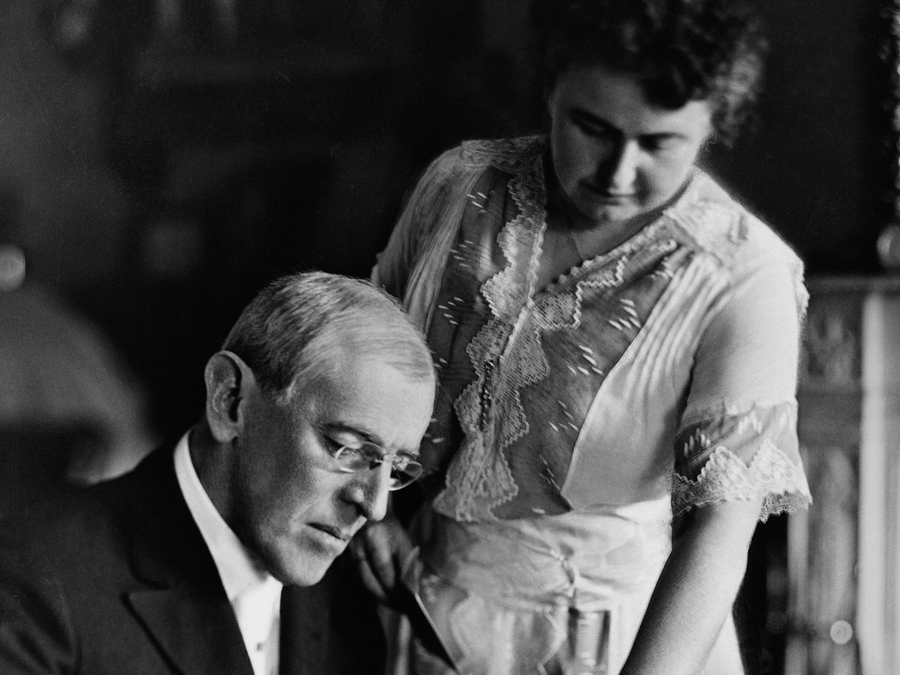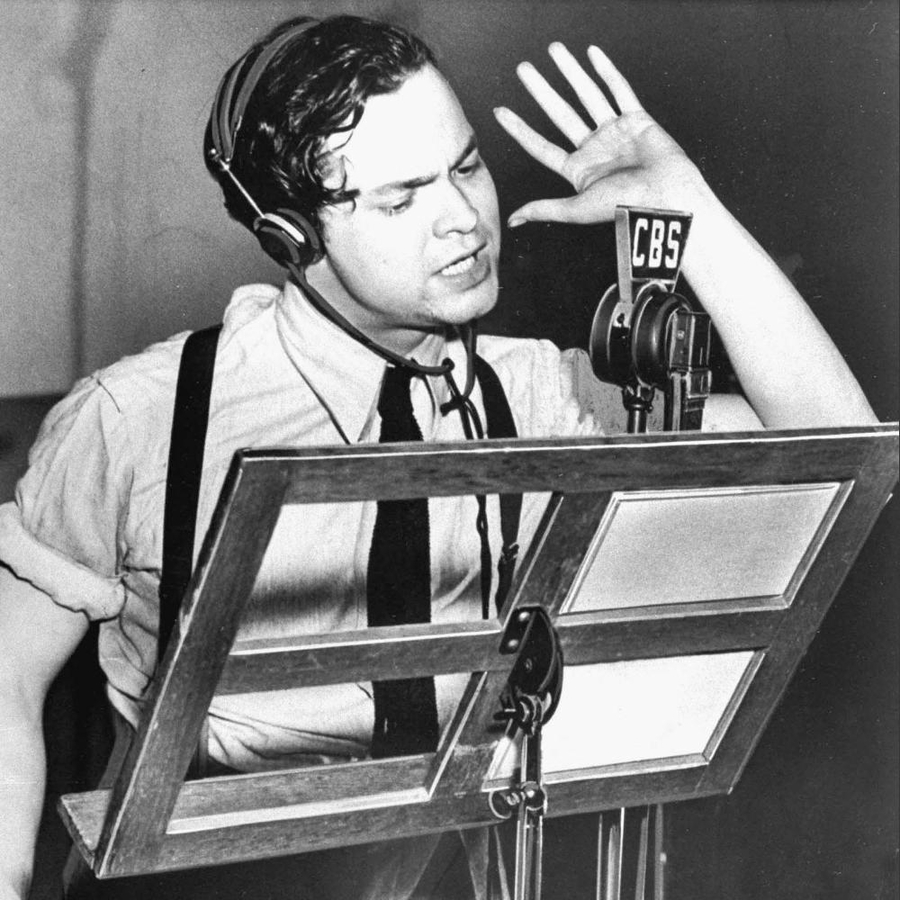DES MOINES (AP) — Former technology executive Carly Fiorina exited the 2016 Republican presidential race Wednesday, after winning praise for her debate prowess but struggling to build a winning coalition in a crowded GOP field.
“While I suspend my candidacy today, I will continue to travel this country and fight for those Americans who refuse to settle for the way things are and a status quo that no longer works for them,” Fiorina wrote in a Facebook statement.
“I will continue to serve in order to restore citizen government to this great nation so that together we may fulfill our potential,” the statement said.
Fiorina, 61, entered the tumultuous Republican primary in April. She promoted herself as an outsider with business experience and argued that as the lone woman in the GOP field she was best positioned to oppose likely Democratic nominee Hillary Clinton. After a standout performance in the first undercard debate, Fiorina rose to the mainstage and soared in the polls in the fall. But her momentum quickly stalled and by the end of the year she had dropped back down.
Fiorina won applause from women on both sides of the aisle in the second Republican debate in September when she was asked to respond to Donald Trump’s comments criticizing her face.
“I think women all over this country heard very clearly what Mr. Trump said,” Fiorina said calmly. Trump sought to smooth things over, saying “I think she’s got a beautiful face and I think she’s a beautiful woman.”
Fiorina’s first major foray in to politics was in 2010, when she ran for Senate in California and lost to incumbent Sen. Barbara Boxer by 10 points.
Throughout her presidential bid, Fiorina emphasized her meteoric rise in the business world. A Stanford University graduate, she started her career as a secretary, earned an MBA and worked her way up at AT&T to become a senior executive at the telecom giant.
But she was also dogged by questions about her record at Hewlett-Packard, where she was hired as CEO in 1999. She was fired six years later, after leading a major merger with Compaq and laying off 30,000 workers.





